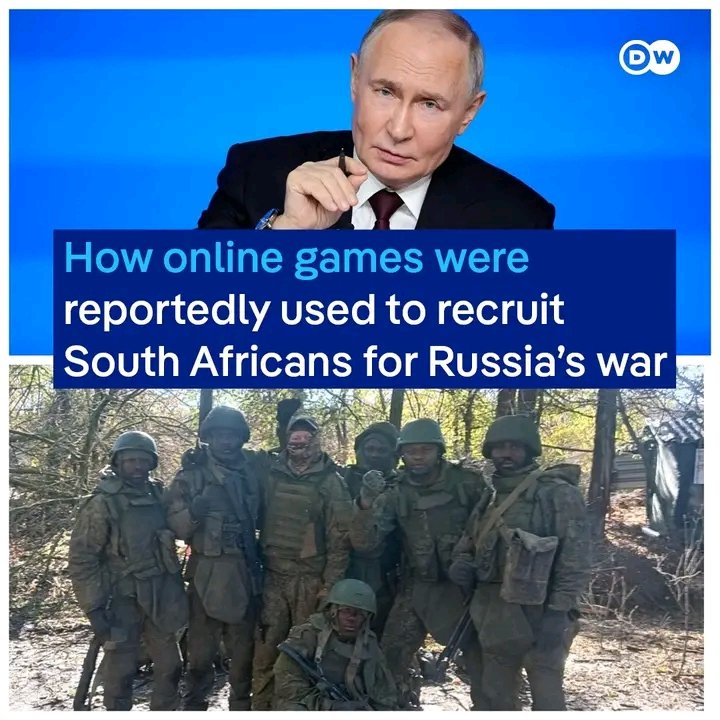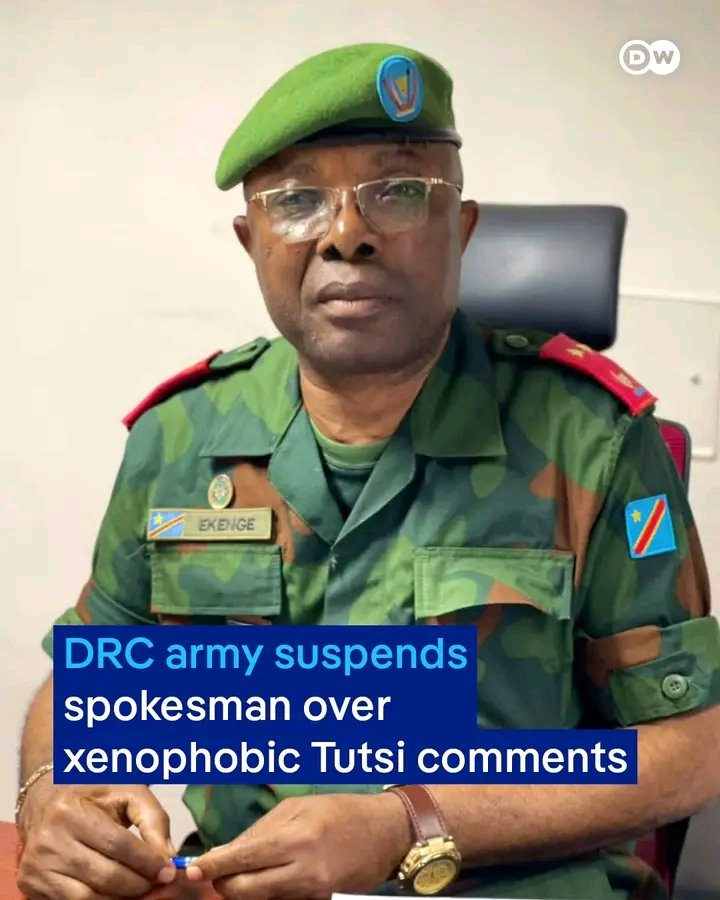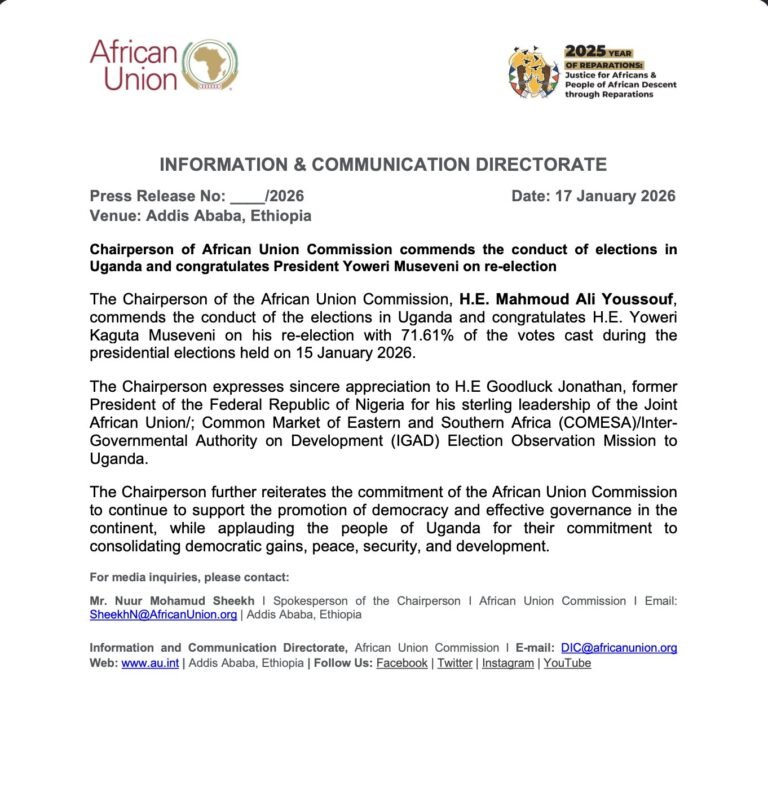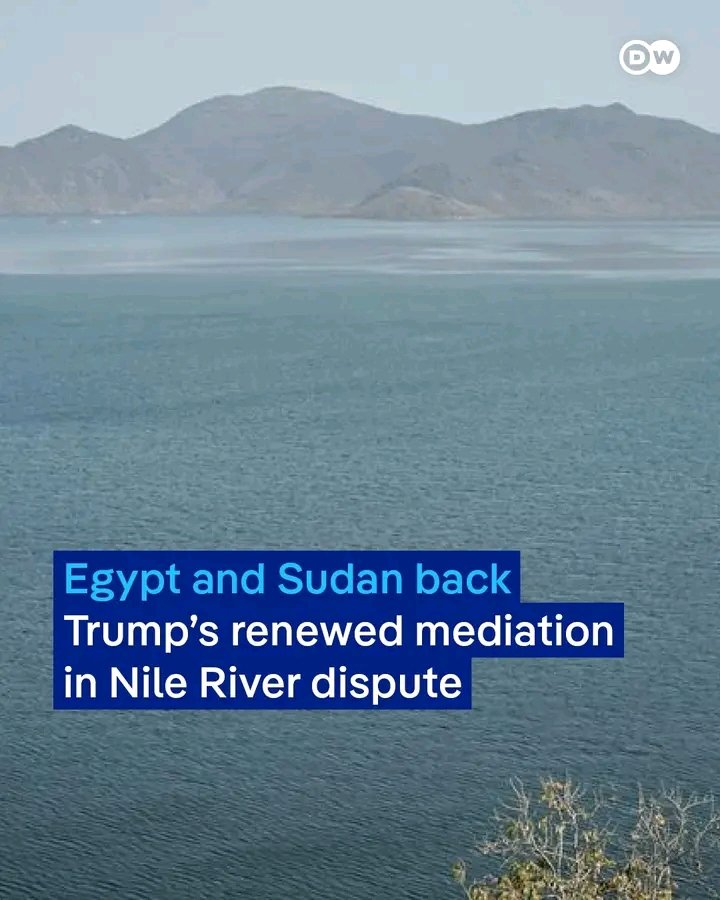
JOHANNESBURG – South African President Cyril Ramaphosa delivered a stark warning to his Democratic Republic of Congo (DRC) counterpart, Felix Tshisekedi, that the execution of former president Joseph Kabila could trigger a violent coup, according to government insiders familiar with high-stakes diplomatic talks.
The warning was conveyed during Tshisekedi’s visit to South Africa last month, where Ramaphosa attempted to broker peace between the two rival Congolese leaders. This diplomatic intervention came just two weeks before a DRC military tribunal sentenced Kabila in absentia to death on charges of treason, war crimes, and conspiring with the M23 rebel group to overthrow Tshisekedi’s government.
The September 30 verdict, handed down in Kinshasa, also ordered the former president to pay $33 billion in reparations to the state and the conflict-ravaged provinces of North and South Kivu. The charges included murder, rape, and torture.
South African officials, who have been working with the Southern African Development Community (SADC) to negotiate a political solution, expressed bewilderment at the sudden sentencing. “We were under the impression that the DRC appreciated our interventions,” one official privy to the talks revealed. “The sudden verdict felt like a betrayal of the trust built during those marathon discussions.”
The diplomatic outreach was initiated after Zimbabwean President Emmerson Mnangagwa approached Ramaphosa to assist in mediating the volatile political standoff. Insiders stated that Tshisekedi had previously agreed with Ramaphosa that pursuing Kabila’s execution would destabilize the fragile peace process in eastern DRC, where the M23 group remains active.
Kabila, who ruled the DRC from 2001 to 2019 and is currently in exile—believed to be shuttling between South Africa and other undisclosed locations—dismissed the trial as a “tragicomedy” orchestrated by a “dictatorship.”
A high-ranking regional official questioned the substance of the charges, noting, “It’s this typical African thing, the presidents also control the courts, so they fight political battles through the courts. Part of Tshisekedi’s problem is that Kabila is more popular than him.”
Analysts point to Kabila’s enduring popularity, built on vast patronage networks and control over lucrative mining concessions in the east, as a significant threat. His execution could rally opposition forces and plunge the nation into deeper conflict.
The DRC lifted its moratorium on the death penalty last year, though no executions have been carried out since 2003. This has led to speculation that the sentencing is more political theater than a prelude to actual justice.
Human Rights Watch has warned that the verdict risks exacerbating national divisions and could fuel unrest among Kabila’s supporters, potentially derailing U.S. and Qatar-brokered peace talks. A regional diplomat echoed these concerns, calling the judgment “a vendetta dressed as accountability” that could provoke a coup or escalate cross-border tensions with Rwanda.
South Africa’s mediation efforts now hinge on a delicate appeal process. Kabila’s legal team has vowed to challenge the ruling at the Court of Cassation, citing procedural flaws, including the trial proceeding without defense representation.
Ramaphosa, leveraging Pretoria’s historical ties with both leaders—Kabila has long used South Africa as a safe haven—plans to host a follow-up trilateral summit next month. “The goal is de-escalation,” an insider confided. “Execution isn’t an option; exile with amnesty might be.”
As the sun sets over the bullet-scarred hills of eastern Congo, where M23 rebels patrol North Kivu, the shadow of Kabila’s gallows looms large. For Tshisekedi, consolidating power means neutralizing rivals; for Ramaphosa, it means preventing another regional firestorm. In the corridors of African diplomacy, the real trial is yet to come: whether cooler heads can prevail before the verdict’s ink turns to blood.









